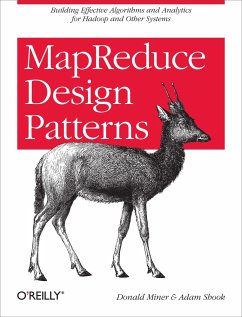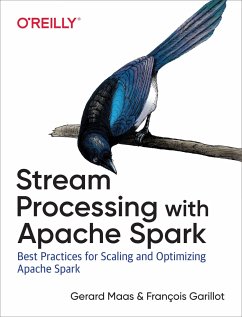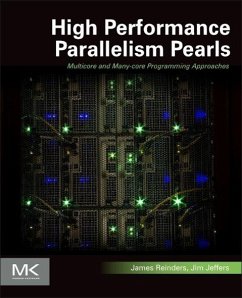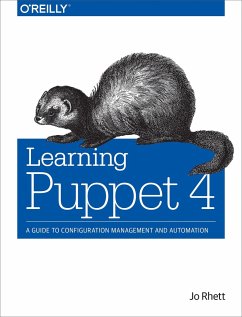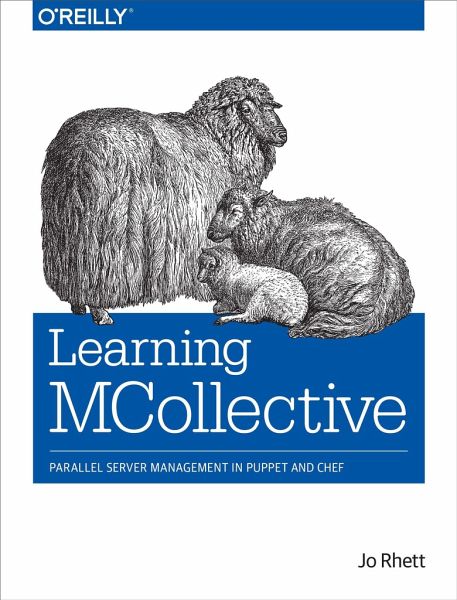
Learning MCollective
Parallel Server Management in Puppet and Chef
Versandkostenfrei!
Versandfertig in über 4 Wochen
37,99 €
inkl. MwSt.
Weitere Ausgaben:

PAYBACK Punkte
19 °P sammeln!
Orchestrate change across server clusters in near realtime with MCollective, the framework that works in concert with Puppet, Chef, and other configuration management tools. Ideal for system administrators and operations or DevOps engineers at any level, this hands-on guide teaches you how to build and test a real installation of MCollective servers and clients in your environment.
The MCollective system administration toolset for parallel task execution is strategically intertwined with Puppet - so much so that Puppet Labs has encouraged users to deploy MCollective for ad-hoc control of their puppet hosts. Unfortunately, very little documentation on MCollective is available. Learning MCollective fills this critical gap.
With MCollective, you can build server orchestration or parallel job execution systems that enable real-time discovery of network resources. This book shows system administrators and operations engineers how to: Break free from complex naming conventions for hostnames as a means of identity, using a rich set of meta data provided by each machine Use meta data from Puppet, Chef, Facter, Ohai, or plugins you provide yourself Call remote agents, using simple command line tools Write custom reports about your infrastructure Manage packages, services, and other common components using agents Write simple RPC-style agents, clients, and web UIs inthe easy-to-understand Ruby language
With MCollective, you can build server orchestration or parallel job execution systems that enable real-time discovery of network resources. This book shows system administrators and operations engineers how to: Break free from complex naming conventions for hostnames as a means of identity, using a rich set of meta data provided by each machine Use meta data from Puppet, Chef, Facter, Ohai, or plugins you provide yourself Call remote agents, using simple command line tools Write custom reports about your infrastructure Manage packages, services, and other common components using agents Write simple RPC-style agents, clients, and web UIs inthe easy-to-understand Ruby language




